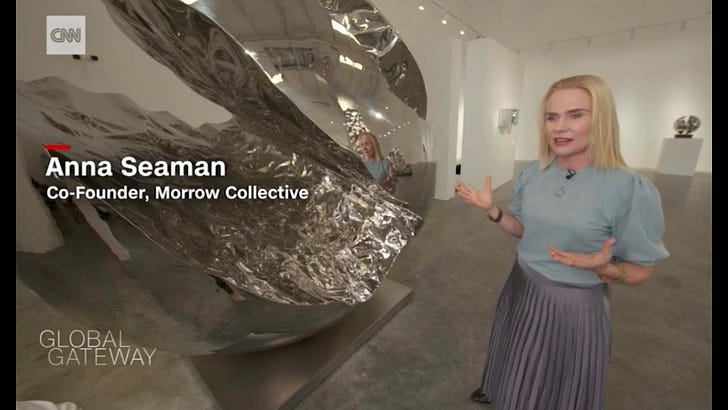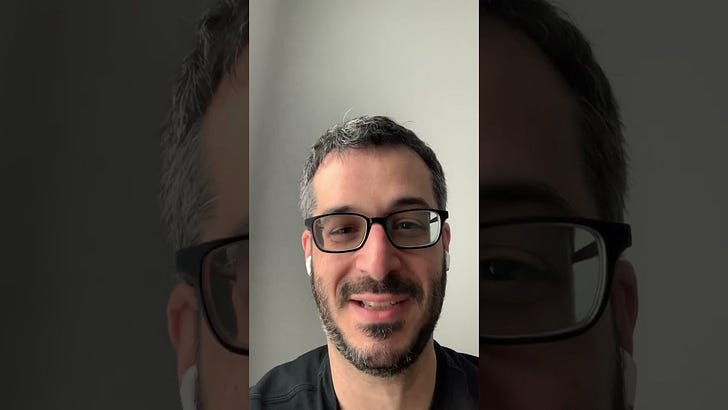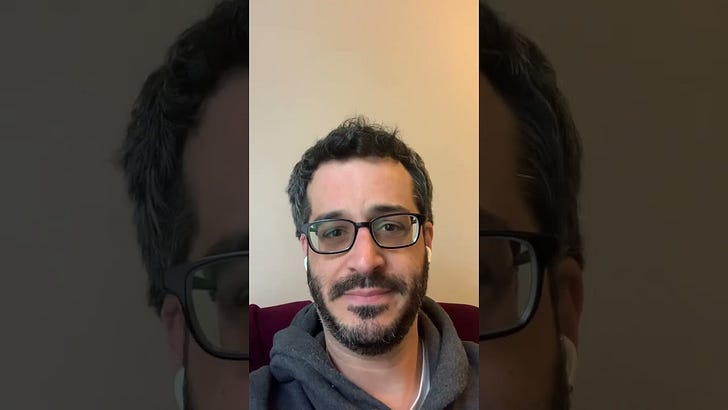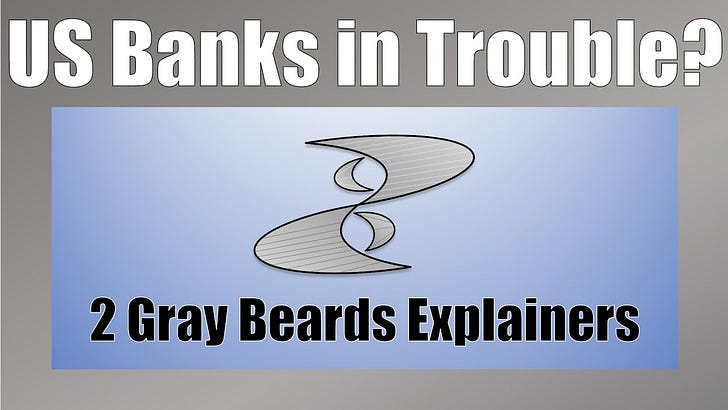Did you notice the new name of my weekly email?
As life gets busier and busier I need a little more flexibility with publishing deadlines. So I’m changing the “Sunday Rundown” to the “Weekend Rundown” just in case I need to flip my publication date :-)
Here are some bits you might have missed this week.
United Talent Agency Signs CryptoPunks
Bottom line: United Talent Agency (UTA) wants to make money off of CryptoPunks.
My take: maybe this is the first of many crypto-native brands that will try to break into the entertainment industry. Transformers, Legos, My Little Pony, Pokemon, and other franchises built strong, enduring, popular brands. Why not CryptoPunks, too?
Why we care: you want crypto to go mainstream? This is one way to get there.
With apes and CryptoPunks, people joke about how these are “copy-and-paste” jpegs. They don’t realize you can’t copy-and-paste artwork that’s “locked” into a virtual art gallery and viewable only on-demand, ideally for a small fee.
Art galleries in the Metaverse will secure exclusive rights to showcase NFT art in virtual reality. No copy-and-paste.
Watch this video about one such art gallery, the Morrow collective.
Also listen to my interview with Tyler Barnett, creator of the first TikTok NFT and owner of the Enso Gallery. We talked about his foray into the blockchain and his experience opening an OpenSea gallery.
Tap this button to listen to our conversation.
Uniswap Labs Under Investigation by SEC: Report
Bottom line: US regulators asked Uniswap to tell them how it works, how they market it, and what people do with it.
My take: I’m not sure US regulators want to go too heavy against a project that gave out free tokens with no strings and produced a revolutionary new way to exchange value. That said, Uniswap operates in a murky regulatory zone, as do most crypto projects, because US laws make no sense when applied to anything that happens with crypto. This is an ever-present risk when you do crypto in the US, and one reason many projects don’t want to launch in the US or engage with US citizens.
Why we care: US regulators tend to spook people. If history is our guide, the investigation will take a year or two (maybe longer) and may not result in any charges or fines. Even if the investigation results in charges or fines, life will go on. Uniswap is code—you can’t stop it. Anybody can use it or develop on it. The genie’s out of the bottle.
The problem: under US law, almost all cryptocurrencies meet the statutory definition of a security, therefore anybody who creates them without SEC approval breaks the law. But all of the applicable regulatory statutes come from decades ago and stem from a law that’s almost 90 years old. So when you apply them to crypto, they make no sense.
As DAOs replace corporations, governance tokens replace shares of stock, NFTs replace licenses, and other natively digital innovations replace their contemporary equivalents, this will become more clear.
Until then, it’s tough for boomers steeped in the traditional financial system to reconcile the need to enforce the law with the need to allow a new asset class to thrive.
One of the US regulators, Hester Pierce, calls out her peers for doing a poor job of setting clear guidelines and recommendations for developers, investors, and people building financial products.
Watch this Coindesk interview with her.
Relax and enjoy the ride!











Share this post